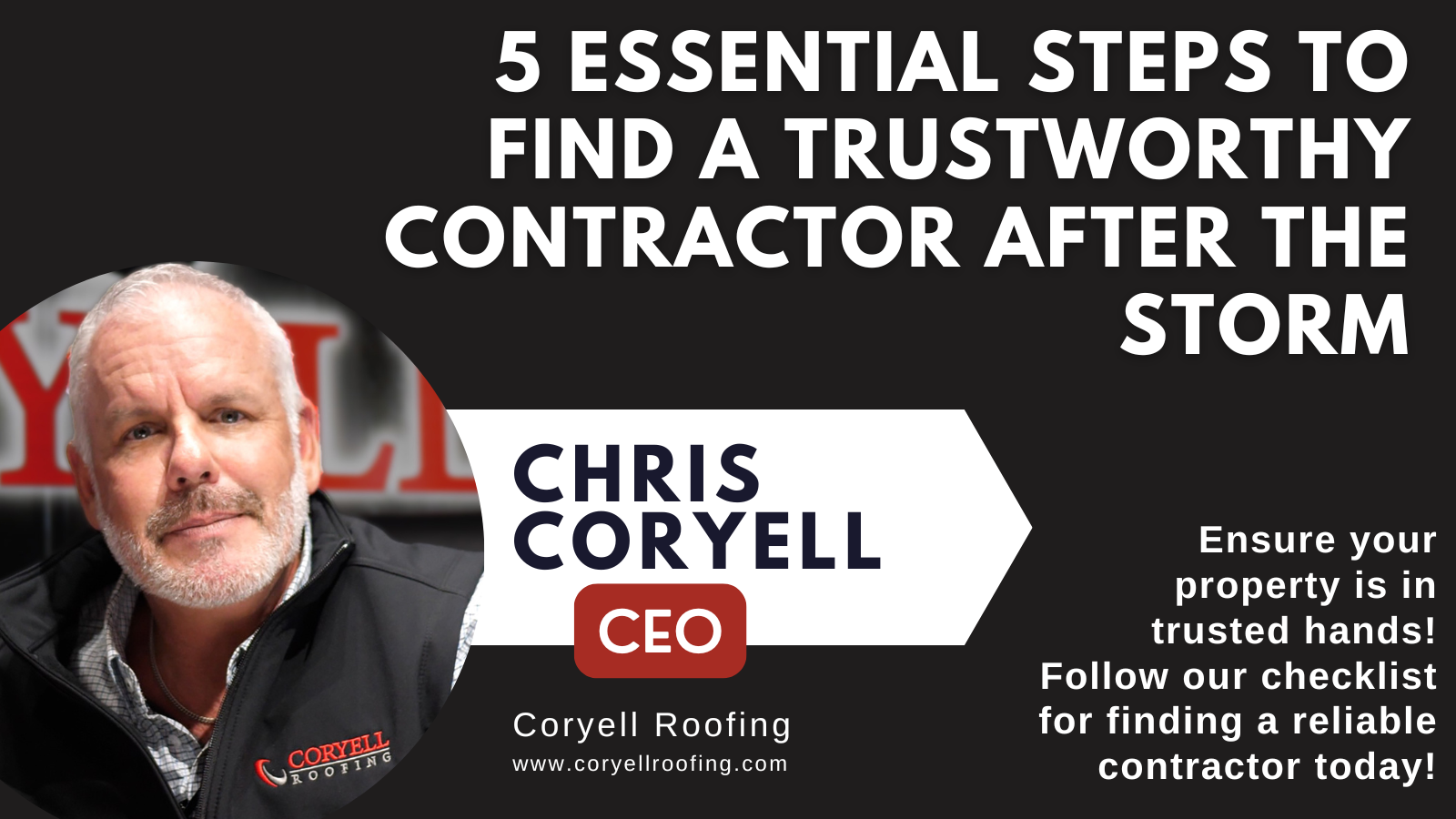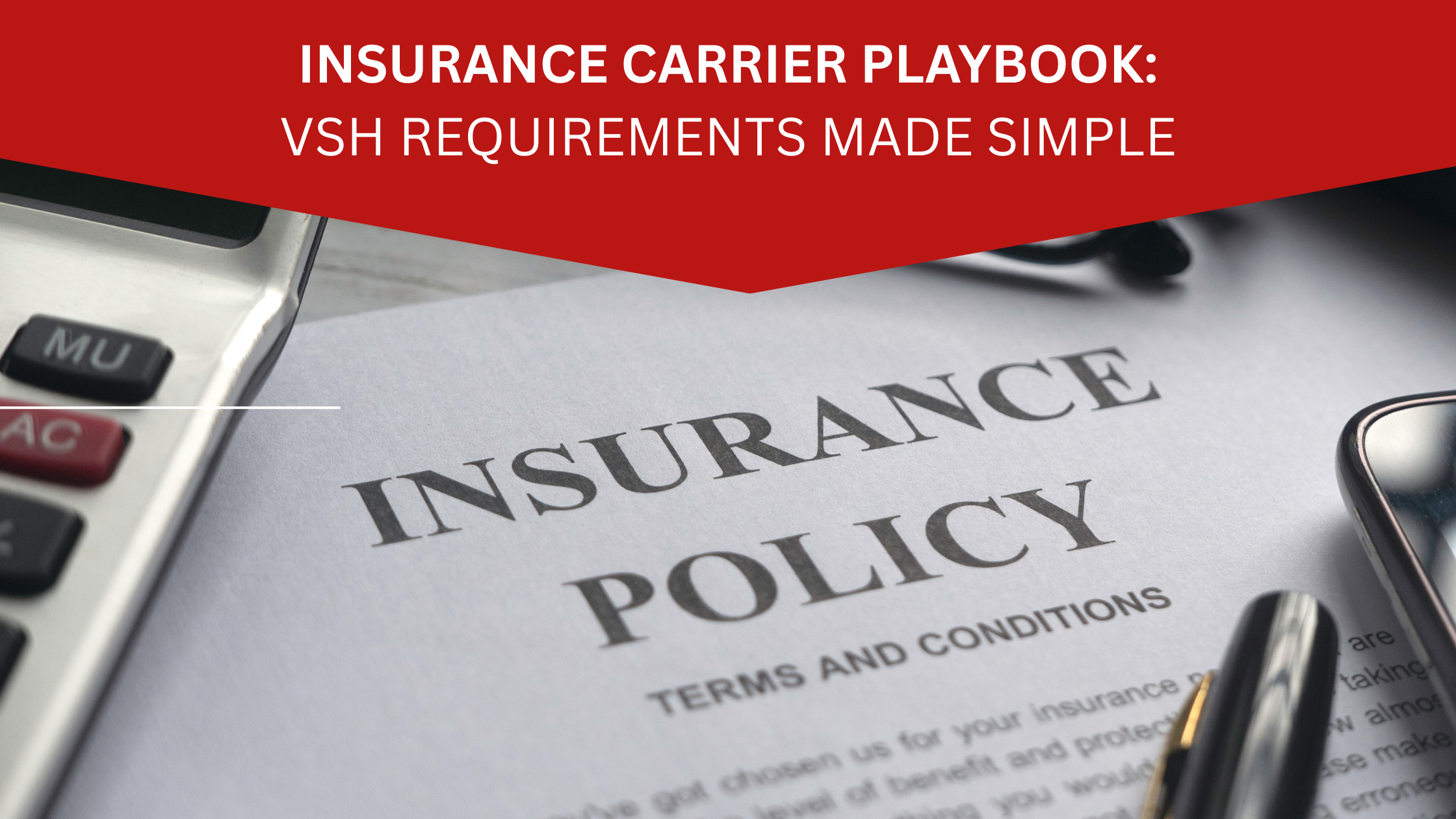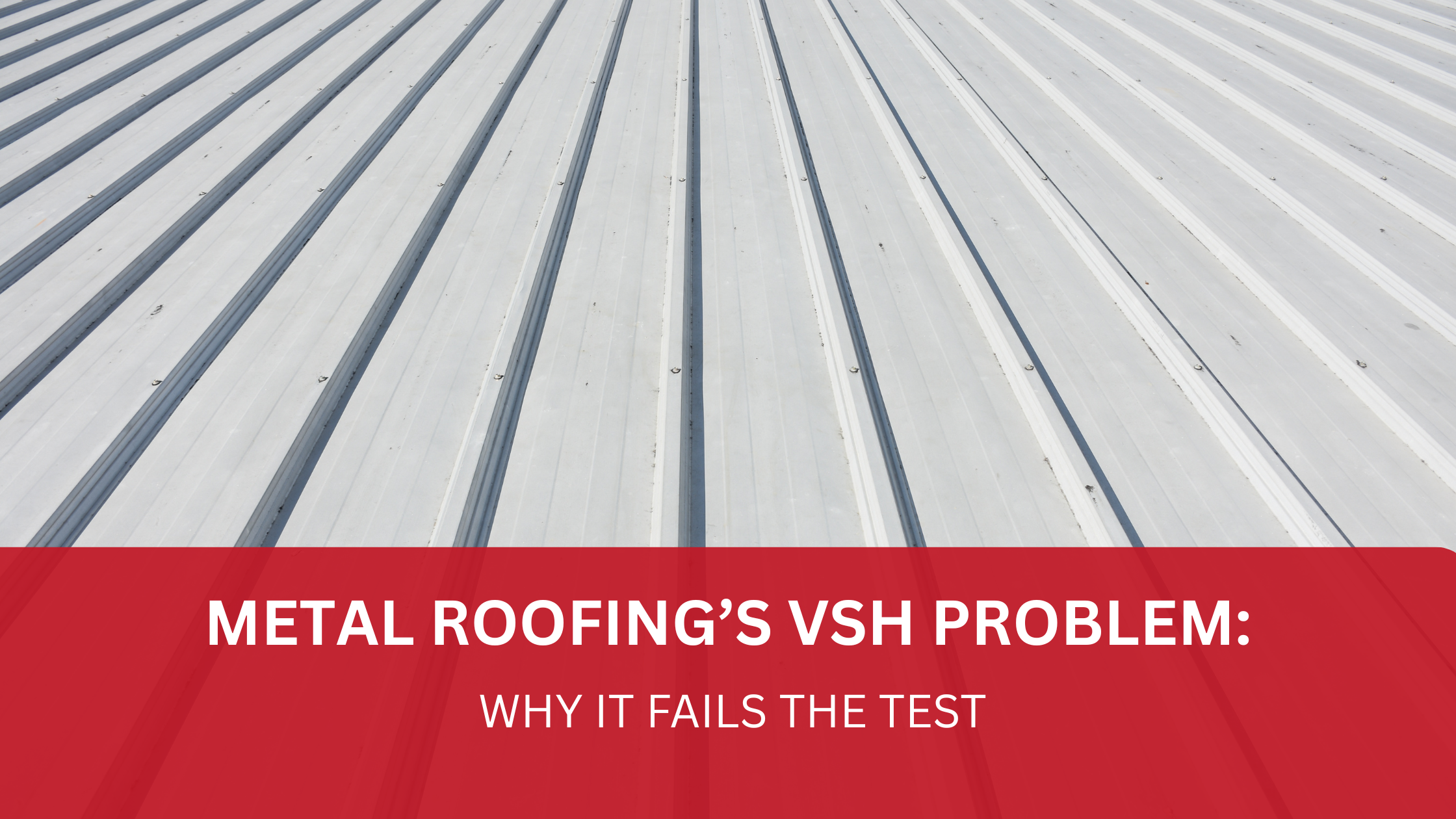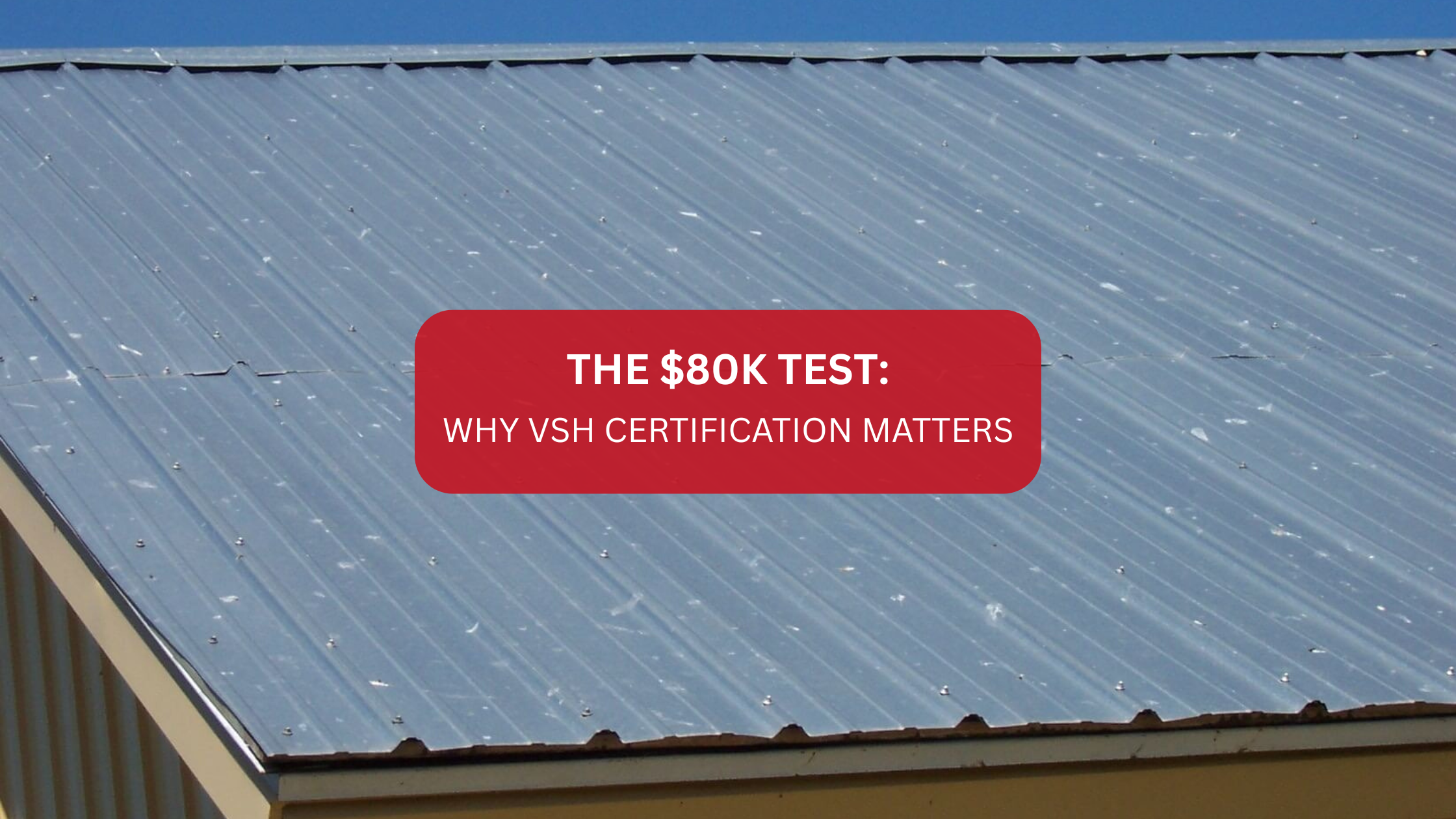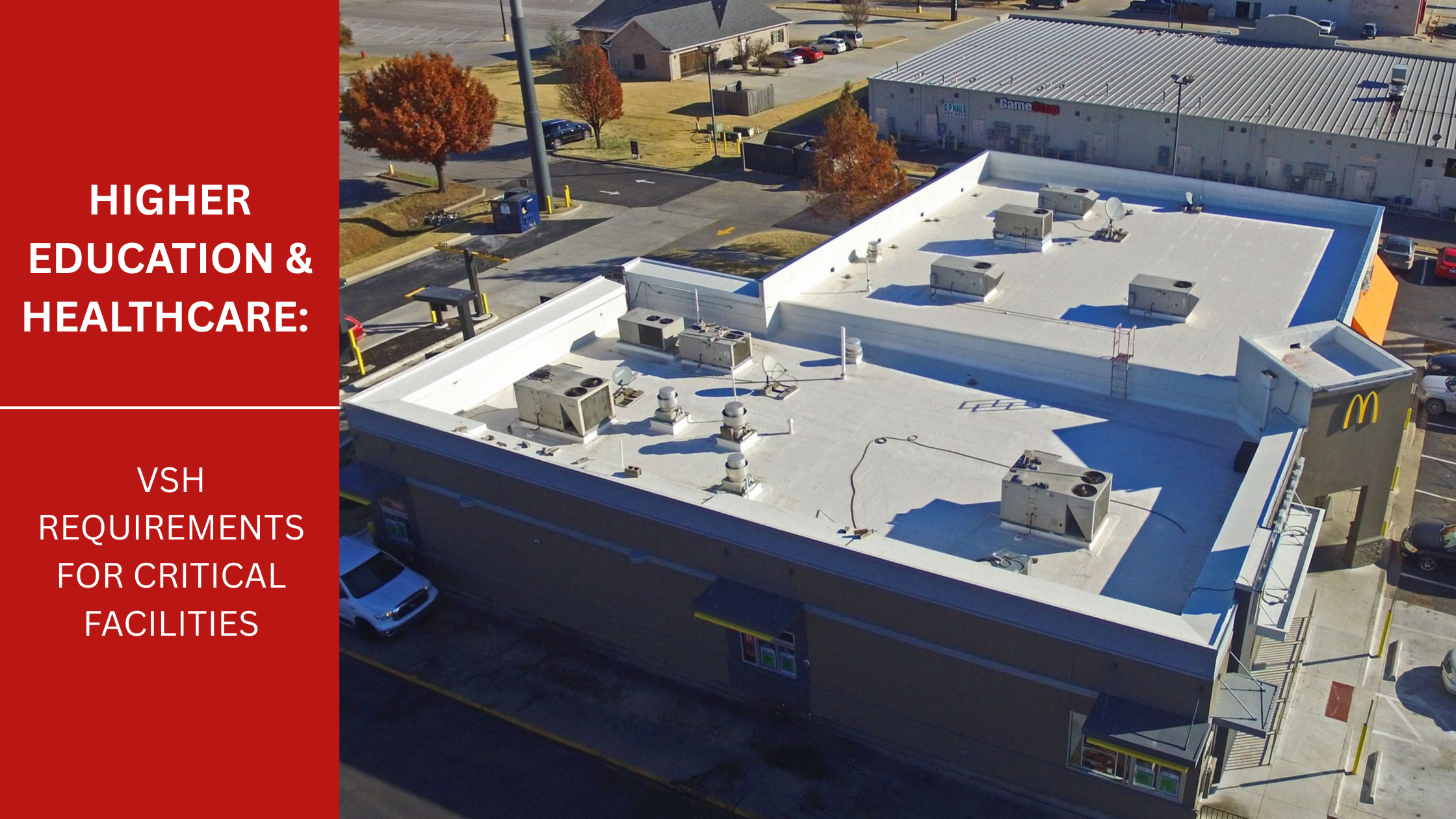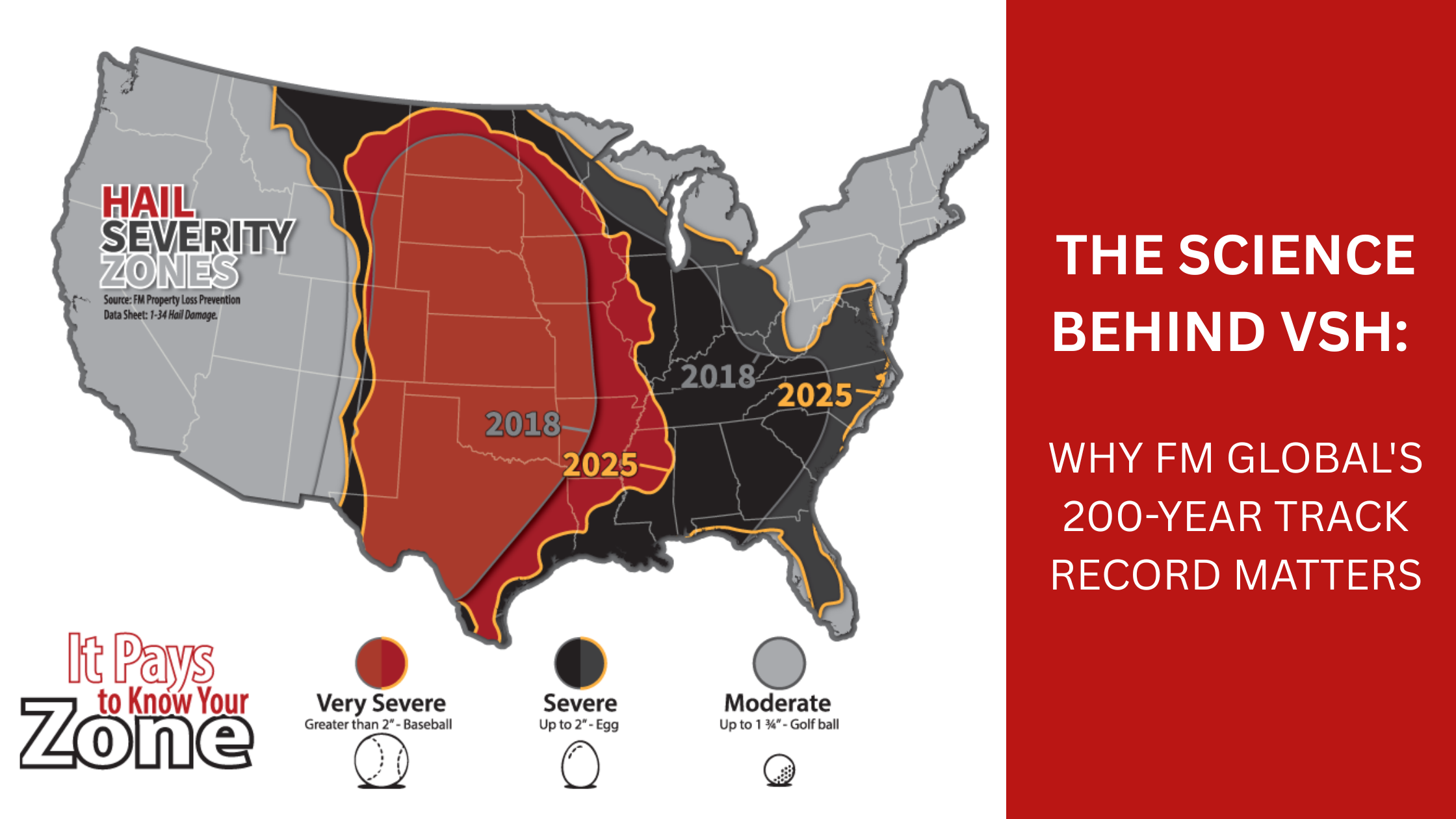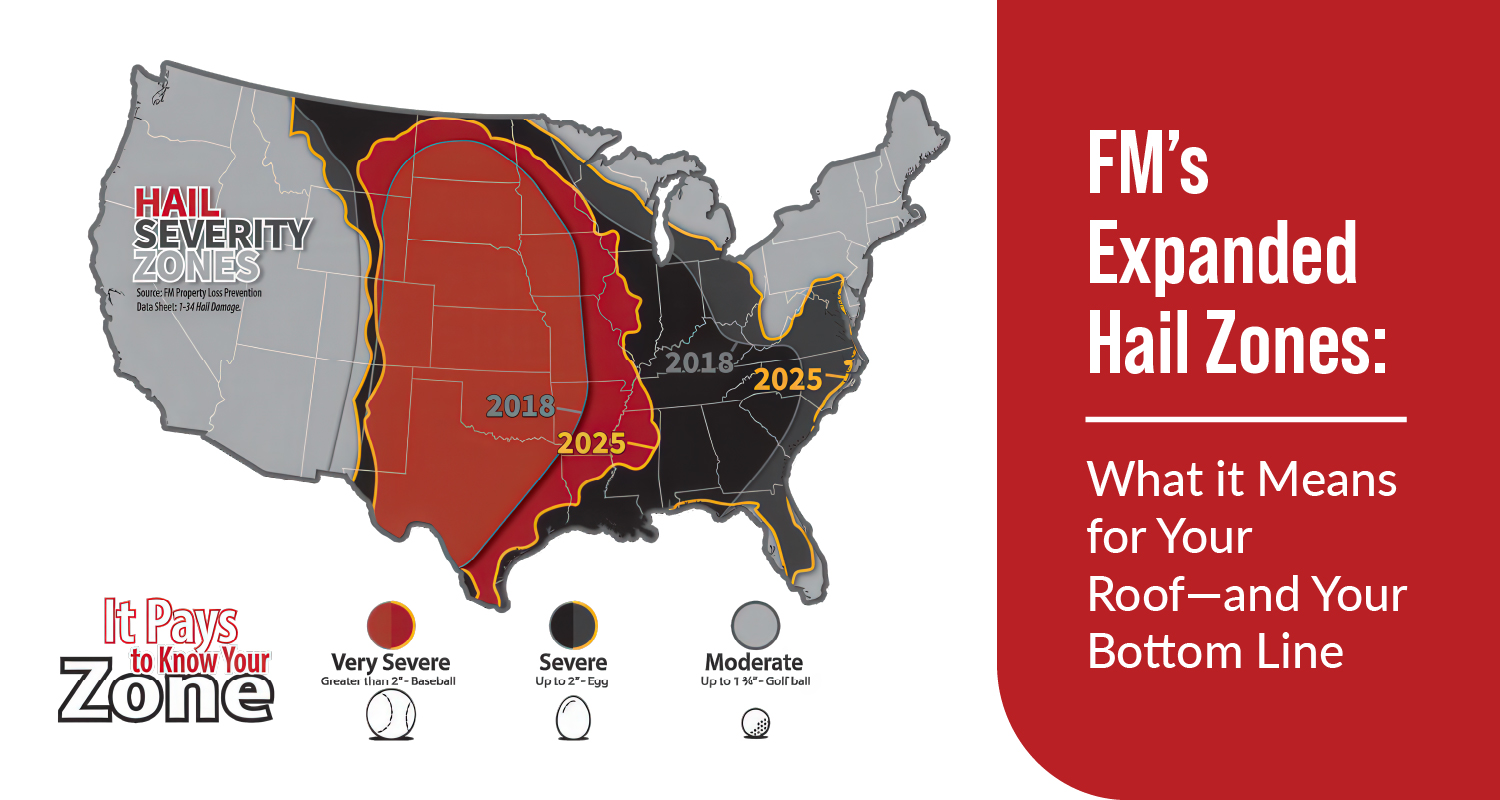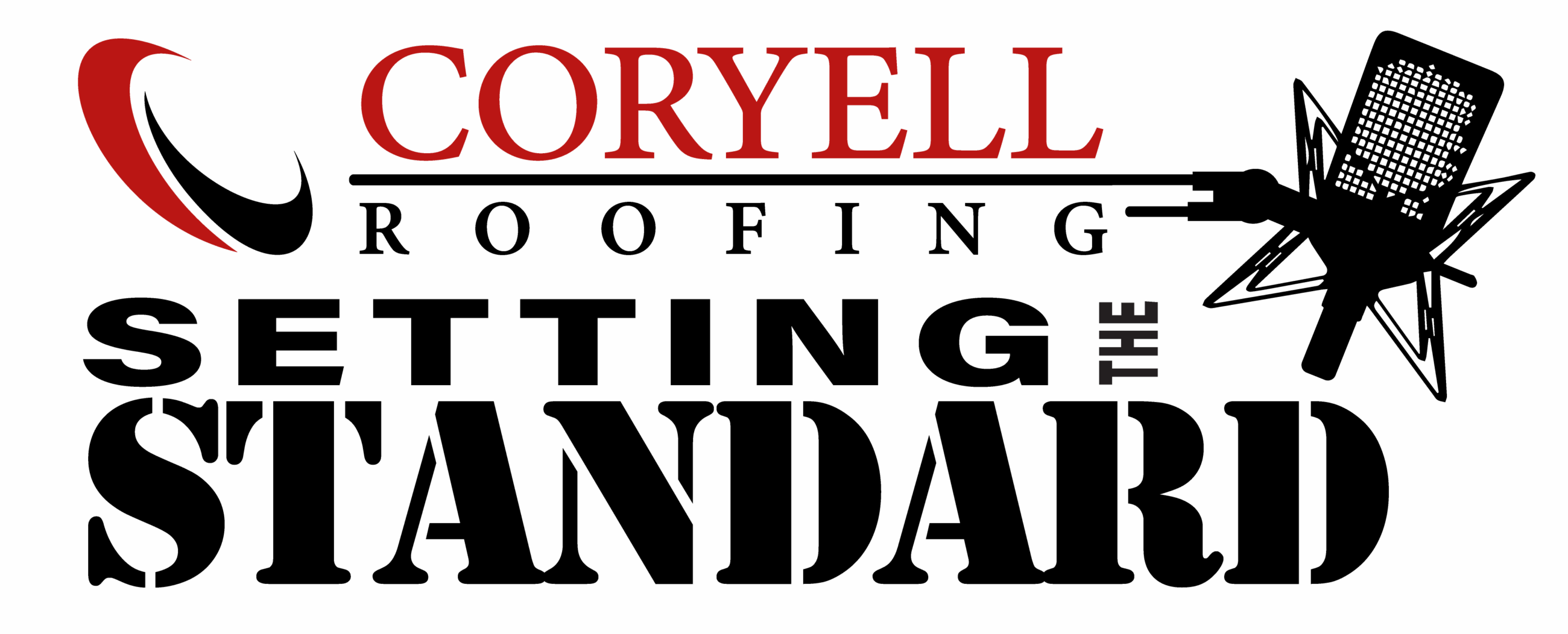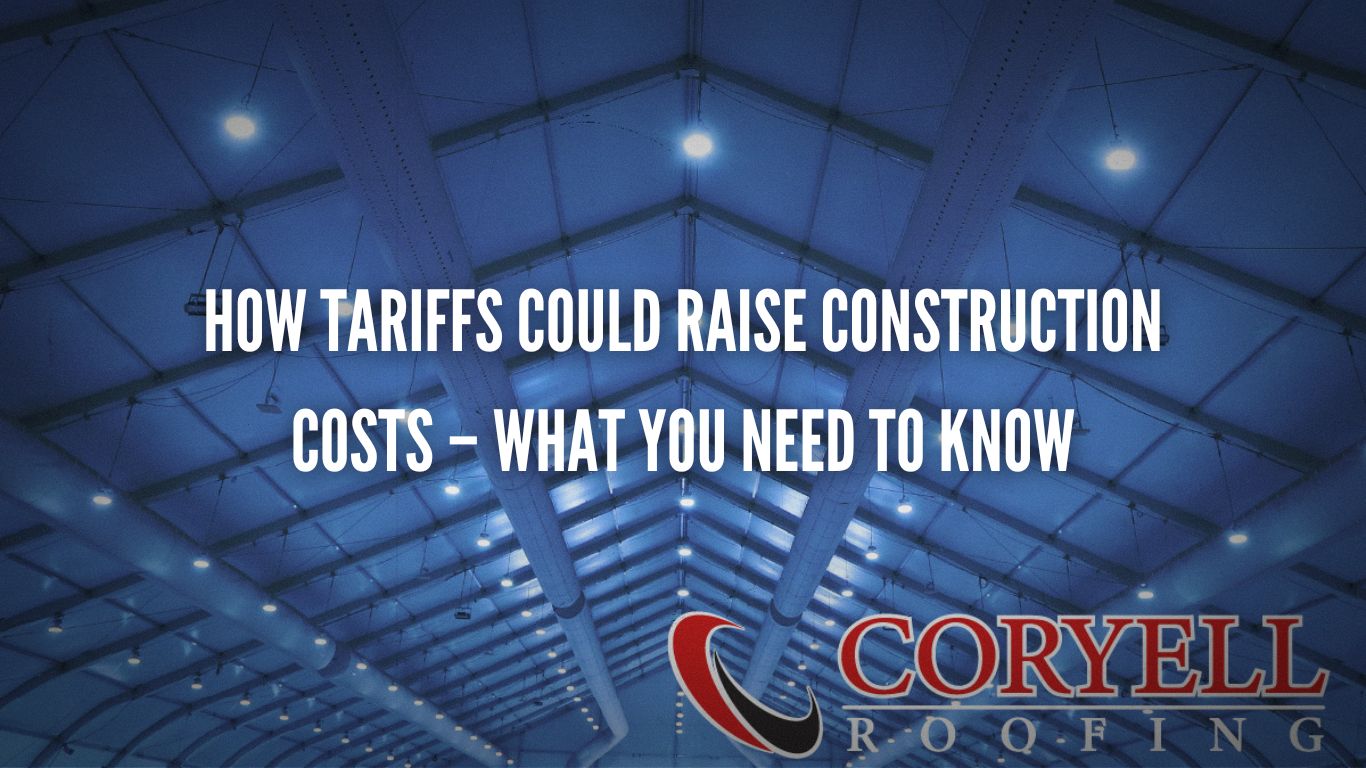When recovering from the devastating effects of a hurricane or storm, it’s essential to find a trustworthy contractor after the storm to ensure a smooth rebuilding process. Whether you’re a homeowner or a business owner, hiring a contractor who is reliable, qualified, and capable of meeting your needs can make all the difference. Follow these essential steps to protect yourself and your property.
Checklist for Finding a Reliable Contractor
- Licensing:
-
- Check the contractor’s license with the Florida Department of Business and Professional Regulation to verify they’re licensed and in good standing. You can search their license number and confirm it’s active.
- Ask for proof of General Liability Insurance and Workers Compensation. These cover you in case of accidents or damage during the project.
- Contractors need to be financially stable to obtain a license. Ask for their financial references or ensure they’ve met state requirements for a financially sound company.
- Bonding:
- Request to see their bonding letter and verify the bonding limit to ensure your project is covered in case they don’t fulfill their obligations. If your project requires bonding (like many public projects), make sure it’s in place.
- Safety:
- Verify that the contractor adheres to OSHA Safety Requirements and has certified safety personnel on staff. Ask if they’ve had any safety violations, and make sure they have a proper safety program to protect both their workers and your property.
- Ask for references:
- Request project references, along with manufacturer and supplier references. Speaking to past clients and suppliers can provide a comprehensive view of how the contractor operates.
- Verify all references:
- Make direct contact with references. Ask detailed questions like: Was the project completed on time? Were there any issues with communication? How was the post-project follow-up? Verifying their reputation gives you peace of mind.
- Check the Better Business Bureau:
- Search the company on the BBB website for any complaints or concerns, and see how they’ve handled issues. A contractor with unresolved complaints is a red flag.
- Ask about Insurance Carrier Preferred Contractor Networks:
- Contact your insurance adjuster to find out if they work with a Preferred Contractor Network. These contractors are often vetted for quality and reliability.
- Request recommendations from material providers:
- Reach out to distributors like ABC Supply or manufacturers like Duro-Last or GAF for a list of contractors they trust. These providers typically work closely with contractors and can recommend those with good track records.
- Beware of storm-chasing contractors:
- If someone knocks on your door offering services, be cautious. These salespeople are often lead generators, and the companies they represent may leave town once the job is complete. Make sure the contractor has a long-standing presence in your community and will be there for any follow-up work or warranties.
- Compare quotes from at least 3 reputable contractors:
- Don’t automatically choose the cheapest quote. Instead, ensure each contractor is quoting a consistent scope of work and specifications. Ask about code compliance and loss prevention measures to protect yourself long-term.
- Avoid paying upfront:
- Professional contractors won’t ask for full payment before work begins. Instead, expect a structured payment schedule, including:
- Mobilization payments
- Material delivery
- Percentage of completion payments
- Retainage, held until the job is completed and your warranty is registered
- Professional contractors won’t ask for full payment before work begins. Instead, expect a structured payment schedule, including:
- Watch for warning signs:
- Contractors who demand large upfront payments may be in financial trouble. They could be overextended on other projects or have poor relationships with suppliers. These are signs to move on and find a more reliable contractor.
- Contingency Contracts:
- If you’re working with an insurance claim, a contingency contract can help, but read the fine print carefully. Ensure you’re not agreeing to anything less than “like kind and quality” repairs.
- Construction Contracts:
- Ensure the contract specifies:
- The scope of work and project specifications (be specific—materials, brands, methods)
- The project start date and timeline, so you know when the work will be completed
- A clear payment schedule with no hidden fees
- The quality of materials being used
- Legal remedies in case of issues and details about the warranty to protect your property long-term
- Ensure the contract specifies:
Taking the time to carefully vet your contractor may feel overwhelming, especially in the aftermath of a storm, but it’s an essential part of protecting your property and ensuring the work is done right. By following these steps—verifying credentials, researching the company, getting multiple quotes, structuring payment terms, and insisting on a detailed contract—you’ll reduce the risks and make informed decisions. Remember, rebuilding takes time, but choosing the right contractor will provide peace of mind and help you restore your property with confidence.

Protect Yourself from Contractor Scams After the Hurricanes
For more insights on protecting your property after recent hurricanes and avoiding contractor scams, check out our detailed post, Avoid Contractor Scams After a Storm: Expert Advice from Coryell Roofing. This guide covers common pitfalls and offers actionable advice to help you find a reliable contractor. Integrity is key, and we emphasize the importance of working with professionals who are transparent and ethical. Whether for residential or commercial repairs, our expert tips will guide you in making the right decisions and protecting your investment.

